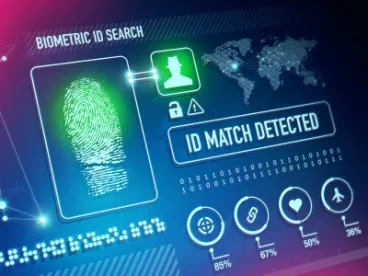As we head toward 2020, expect significant public debate relating to smartphone applications designed to increase turnout and participation in upcoming elections. The Democratic Party has dipped its toe in the water by announcing in July plans to allow telephone voting in lieu of appearing for neighborhood caucus meetings in the key early primary states of Iowa and Nevada.
Given concerns regarding security and reliability of submitting votes over the internet, jurisdictions around the country have begun to test solutions involving blockchain technology to allow absentee voters to submit voting ballots. Following initial pilot programs in Denver and West Virginia, Utah County, Utah will be the next jurisdiction to utilize a blockchain-based mobile in connection with its upcoming municipal primary and general elections.
The pilot program, which will utilize the mobile voting application “Voatz”, will allow active-duty military, their eligible dependents and overseas voters to cast absentee ballots. Eligible voters will need to apply for an absentee ballot with the county clerk and then download the mobile application. The ballot itself will be unlocked using the smartphone’s biometric data (i.e., a fingerprint or facial recognition) and then will be distributed into the blockchain framework for tabulation.



 />i
/>i
